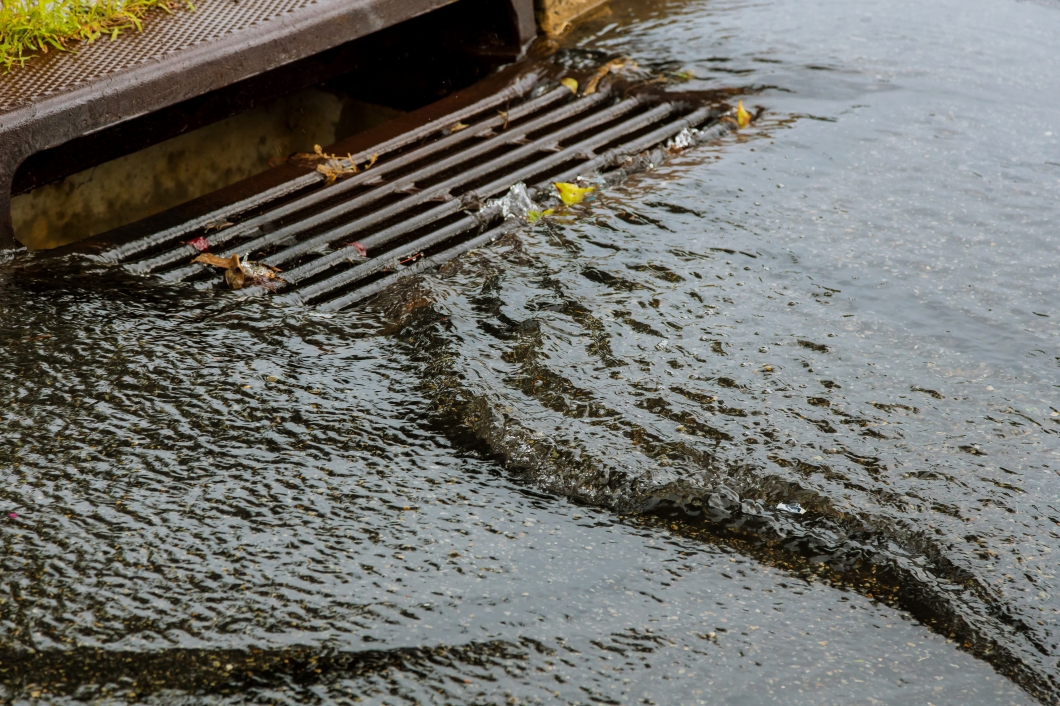Much has been said about the Government’s three waters reforms – and a lot of the commentary has been negative.
Tauranga City Council has not opposed the reforms, although we have raised and continue to raise matters that are of concern to our community, and to the organisation.
There are a number of reasons why we have chosen not to express outright opposition, in the way that many councils have, and first and foremost is a recognition that New Zealand’s current water service delivery model will not be fit-for-purpose in the future.
Tauranga has an excellent drinking water service, which is ranked amongst the country’s best. Not every council is in such a fortunate position however, and we also need to acknowledge that three waters reform is not just about drinking water.
The other ‘two waters’ – wastewater treatment and disposal and stormwater collection and disposal are actually where many of the big problems will lie, because both will require huge investment in new technology and capacity upgrades over the coming decades. The likelihood is that some councils, possibly most councils, will struggle to cope with the level of investment necessary.
Wastewater treatment technology is continually improving and when resource consents for treating and disposing of wastewater are renewed, the conditions imposed on water authorities are becoming increasingly more stringent and costly.
In the past, treated wastewater could be disposed of in rivers or piped directly out to sea, provided there was no major impact on the quality of the receiving water.
That’s highly unlikely to be the case in the foreseeable future, with disposal to land being a requirement and even then, many disposal locations would be ruled out because of potential impacts on natural water courses.
Stormwater may be even more problematic if the predicted impacts of global warming come about.
More intense and more frequent rainfall events are already forcing many councils to upgrade the capacity of their reticulation systems to cope with historically high stormwater flows and protect people and properties from flooding; and sea level rise is exposing more coastal areas to inundation risk.
The theory behind three waters reform is that the entities the Government is creating to deliver future services will be better placed than councils to take-on the debt required to improve our service quality nationally and ensure that it meets the needs of Kiwis over the next three decades and beyond.
That’s difficult to argue against, given the multi-billion dollar cost of dealing with the issues outlined briefly above.
The reforms do need to address some contentious issues however, not the least ensuring that entity ownership fairly reflects the equity (the current value of assets, less the debt applying to them) that councils and communities have in their three waters systems.
We also need to have mechanisms in place to ensure that there is local accountability for the quality of the services provided, and a governance structure that will ensure local priorities are recognised and addressed.
The Commissioners and Council staff will continue work with the Government to represent the community’s interests and we encourage everyone with an interest in the reforms to acquaint themselves with the issues and use the consultation opportunities that will be available as the various three waters reform legislation passes through the necessary parliamentary processes.


















